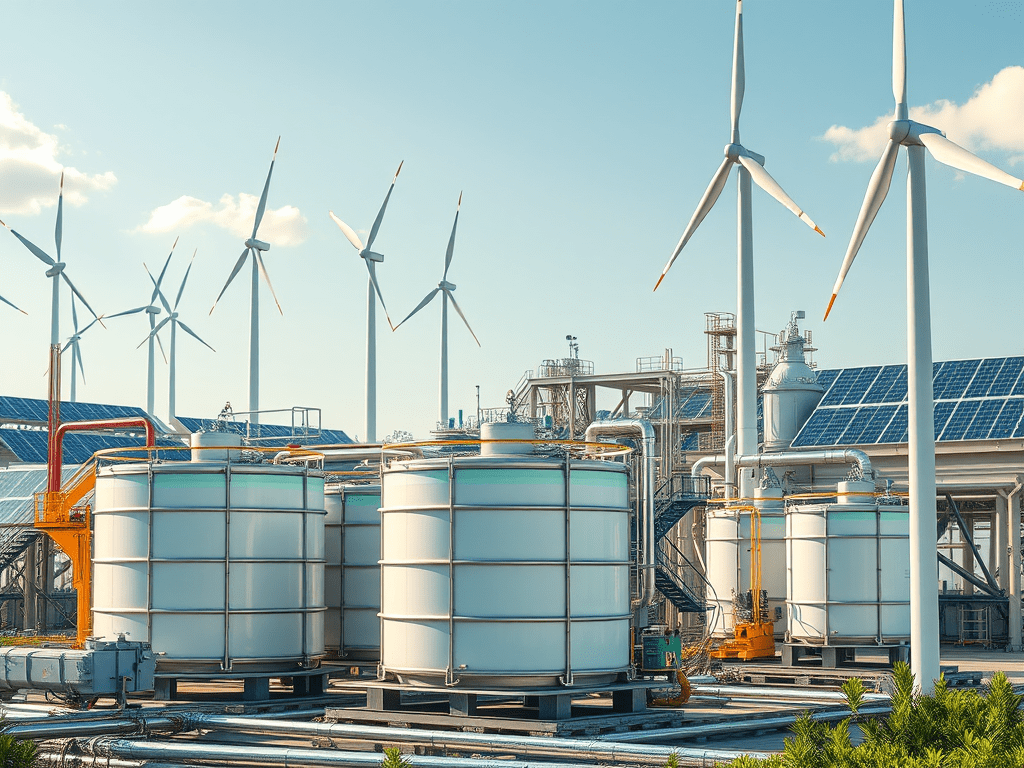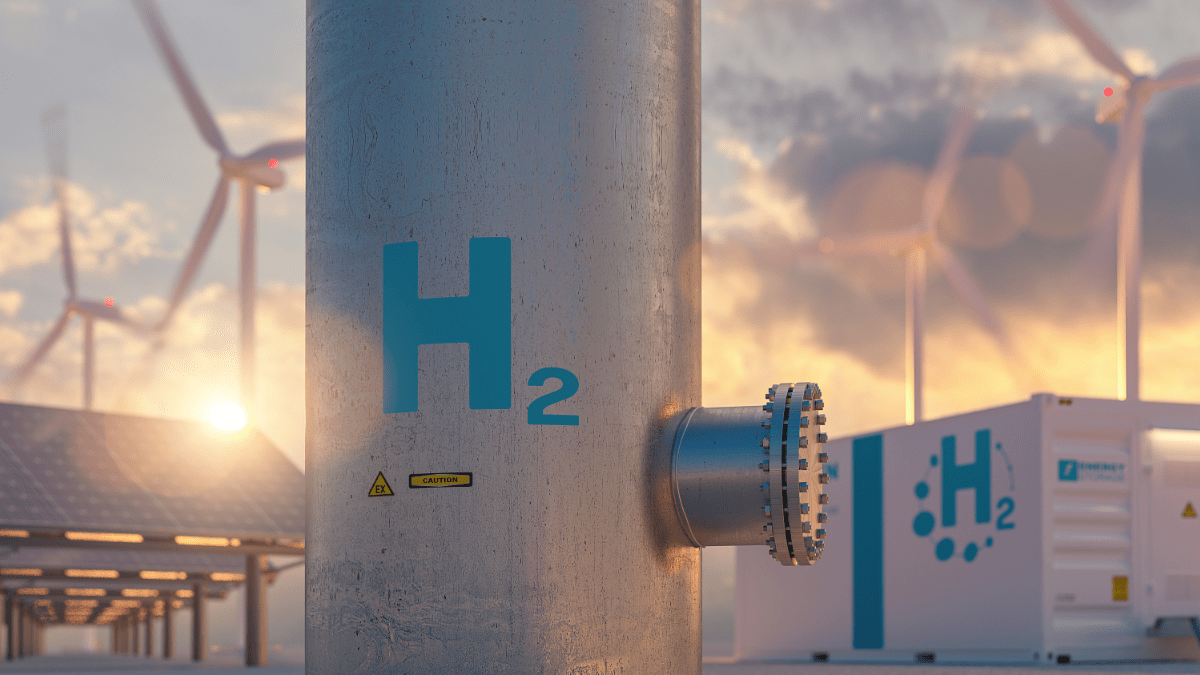As renewable energy becomes a larger part of the electricity mix, the IEA urges Germany to optimise its electricity system to cut costs and speed up emissions reductions in end-use sectors. A more efficient, resilient power system is vital for ensuring a secure and affordable energy transition, as outlined in the IEA’s new Energy Policy Review.
Germany’s long-running Energiewende policy is reshaping its energy landscape. The country is shifting toward a system dominated by renewable electricity, viewing this as a chance to boost energy security and economic strength. However, additional action is needed in the power sector to reach the 2045 climate neutrality goal. This includes scaling up the electricity grid, reducing energy prices, and curbing emissions across end-use sectors such as transport, buildings, and industry.
“Germany is at a pivotal point in its energy transition, with the opportunity to enhance economic prospects and strengthen energy security through supportive policies,” stated IEA Deputy Executive Director Mary Burce Warlick, who launched the report in Berlin with Stefan Wenzel, Parliamentary State Secretary at the Federal Ministry for Economic Affairs and Climate Action.
The IEA notes that Germany has phased out nuclear power and reduced its reliance on coal, while significantly boosting wind and solar generation. Still, challenges remain, especially from the ongoing energy crisis triggered by reduced Russian gas supplies to the EU. Regional electricity disparities and high power prices threaten affordability and competitiveness. Germany’s success depends on further expanding renewables, upgrading the grid, increasing flexibility, and cutting consumer energy costs.
Transport remains Germany’s top-emitting sector and requires intensified efforts. The IEA stresses the need for a focused approach encompassing electric vehicles, biofuels, and enhanced public transport. It calls for consumer incentives to adopt low-emission transport, along with investments in rail and EV charging infrastructure to support the shift.
Germany must also improve the efficiency of its aging building stock and drive the switch to clean heating technologies. Key developments include the Buildings Energy Act and Heat Planning Act, which chart a clear course toward lowering emissions through district heating and heat pumps. According to the IEA, maintaining household engagement will be critical to successful implementation.
Germany aims to build a strong hydrogen sector, focusing on replacing fossil fuels in tough-to-decarbonise industries. Its hydrogen roadmap includes innovative methods for matching buyers with suppliers and supporting infrastructure finance. Yet, the IEA observes that project investments are slow and urges the government to deploy targeted demand-side policies to kickstart growth.
The IEA’s regular assessments of member nations’ energy and climate policies offer tailored advice and foster the exchange of international best practices. The latest report concludes that Germany can leverage its tech and industrial strengths for economic gain by advancing its energy transition. To seize this opportunity, it must also tackle ongoing challenges around energy costs, public acceptance, and industry competitiveness.











